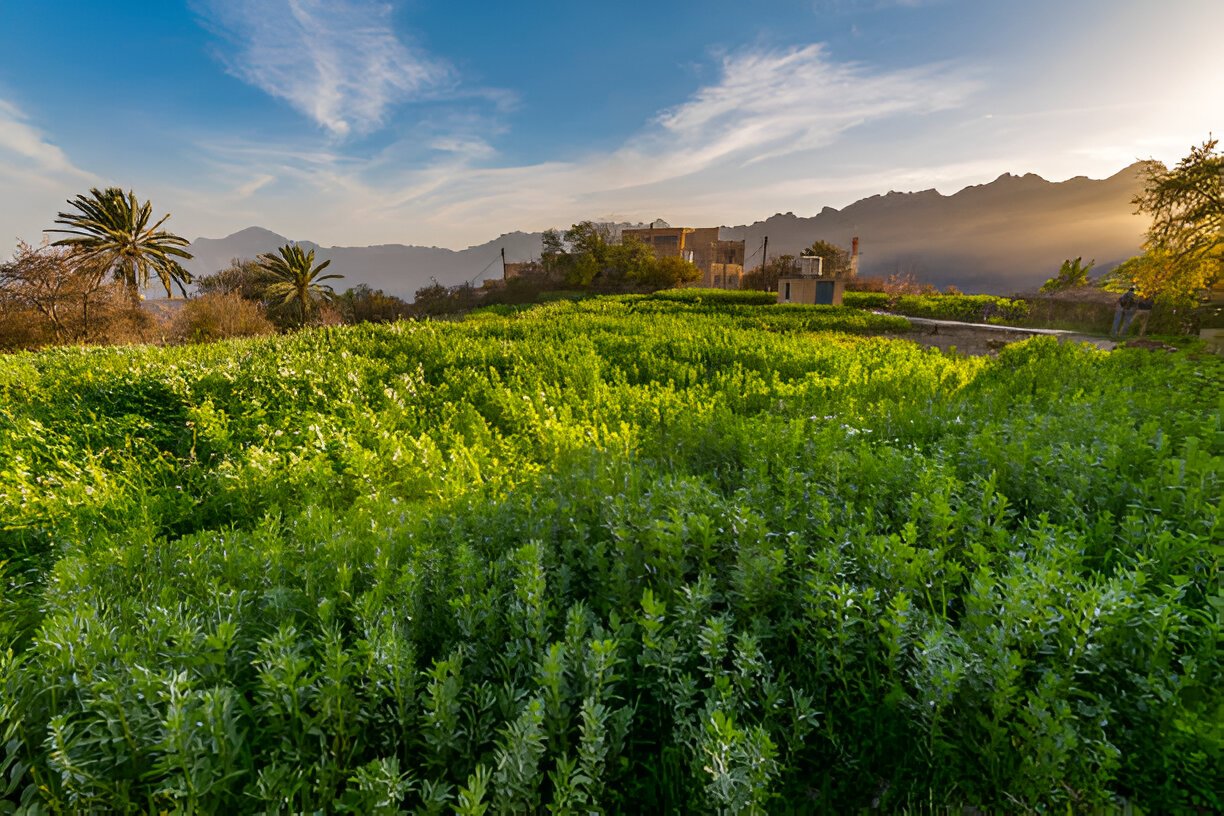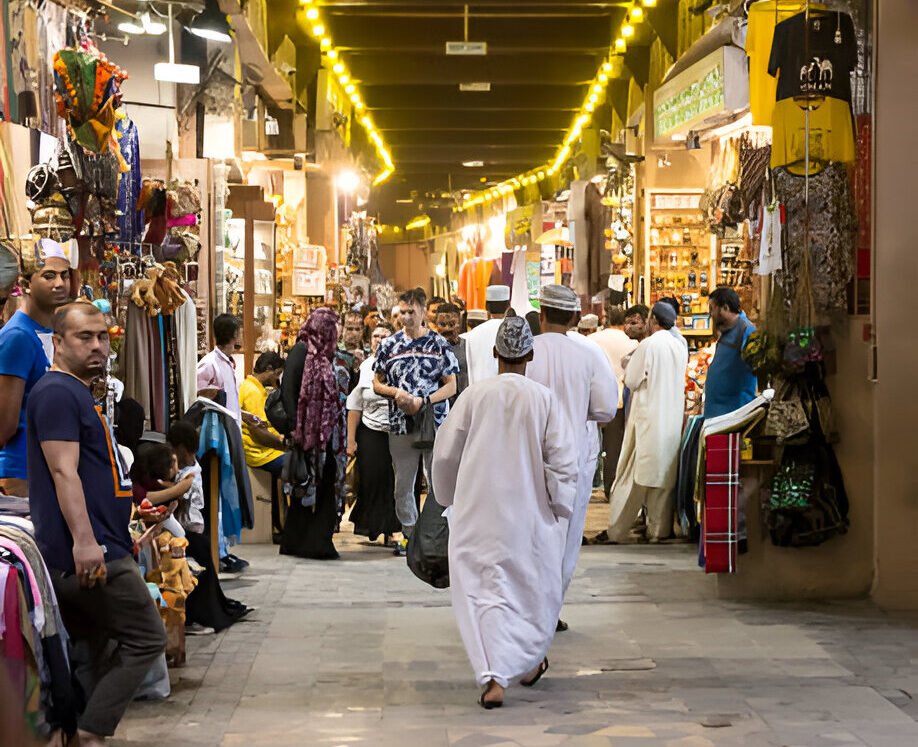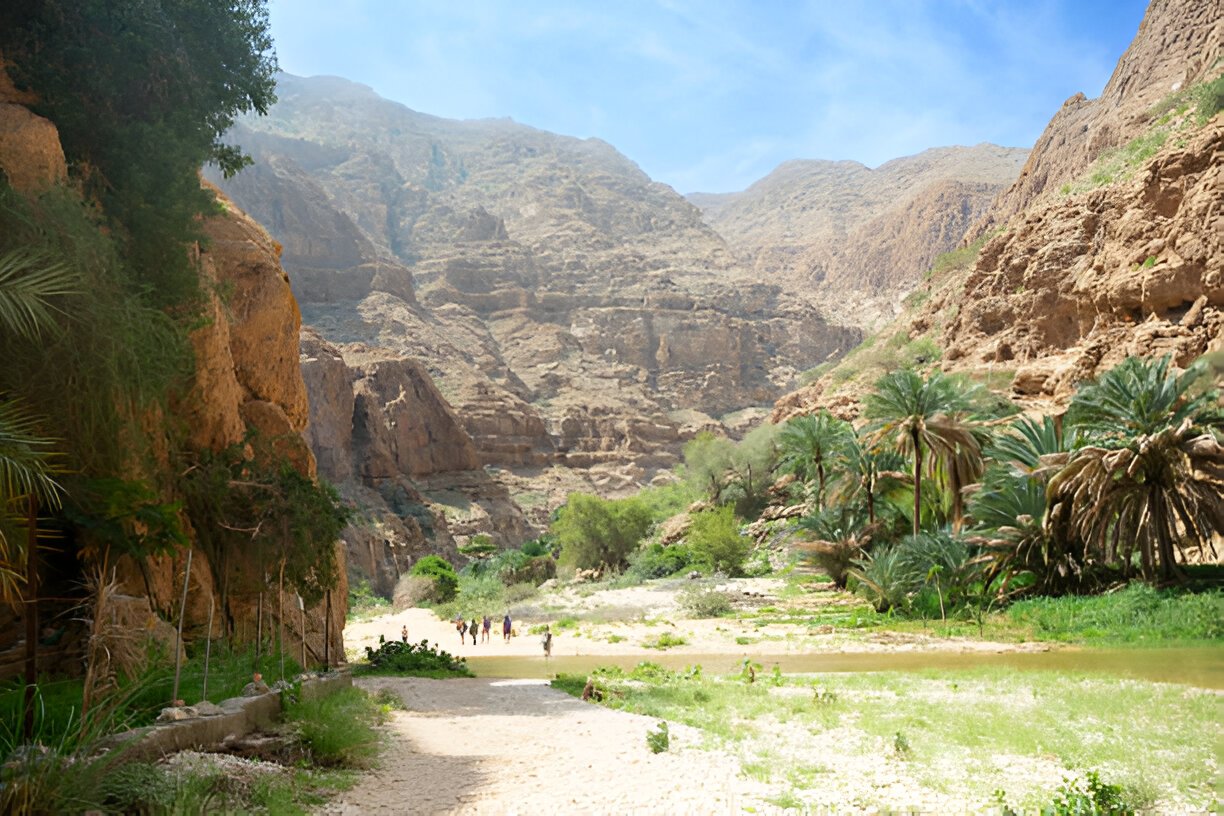
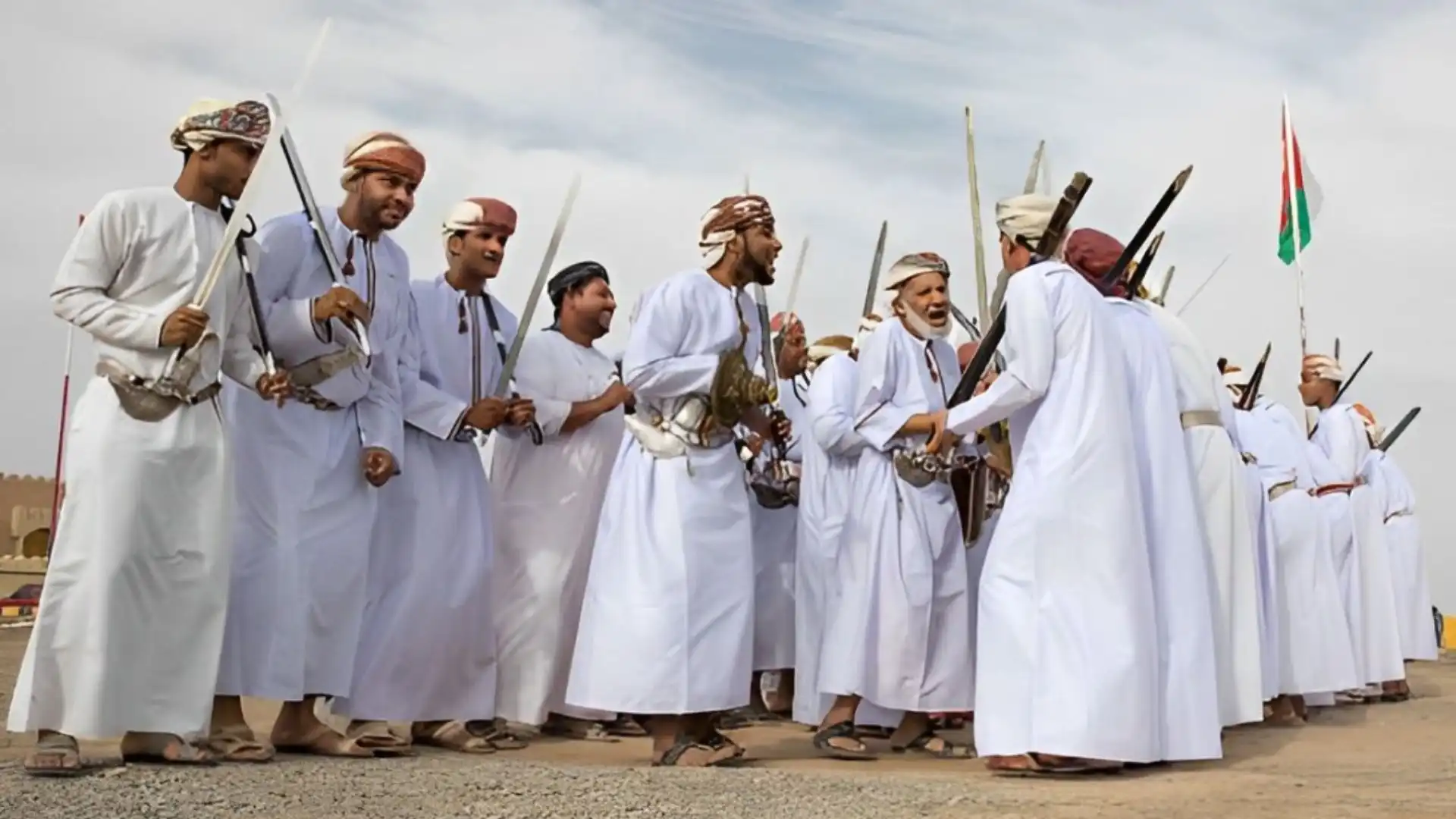
In Omani society, elders hold a revered place, woven into the cultural, social, and religious life of the community. They are seen not only as holders of wisdom but as essential guides for younger generations. This article explores the role of elders in Omani society, focusing on their influence in family structures, community leadership, and cultural preservation.
Oman’s tribal roots place elders at the core of leadership. Known as Sheikhs, these elders were historically not only political but also spiritual leaders, tasked with resolving conflicts and making community decisions. Today, especially in rural Oman, elders continue to play significant roles in maintaining harmony and strengthening tribal affiliations.
Much of Oman’s cultural heritage has been passed down through oral traditions. Elders play a crucial role in keeping these traditions alive by sharing stories, proverbs, and poems that embody Omani values. Through these narratives, younger generations learn important life lessons and gain insight into their ancestors’ experiences.
Family is the cornerstone of Omani society, and within it, elders occupy a respected role. They are not passive members but active participants in family decisions, shaping the lives of their children and grandchildren.
Beyond family life, elders in Oman are essential in the broader community, where they serve as mediators, advisors, and leaders in religious practices.
Omani culture is rich in traditions, from weaving and cooking to poetry and music. Elders are central to preserving these practices, ensuring they are passed down to future generations. Through their efforts, Oman’s heritage remains vibrant, even amid modernization.
Despite their important role, elders in Oman face challenges as society changes. Increased urbanization, modern education, and the influence of technology have affected traditional family and community structures.
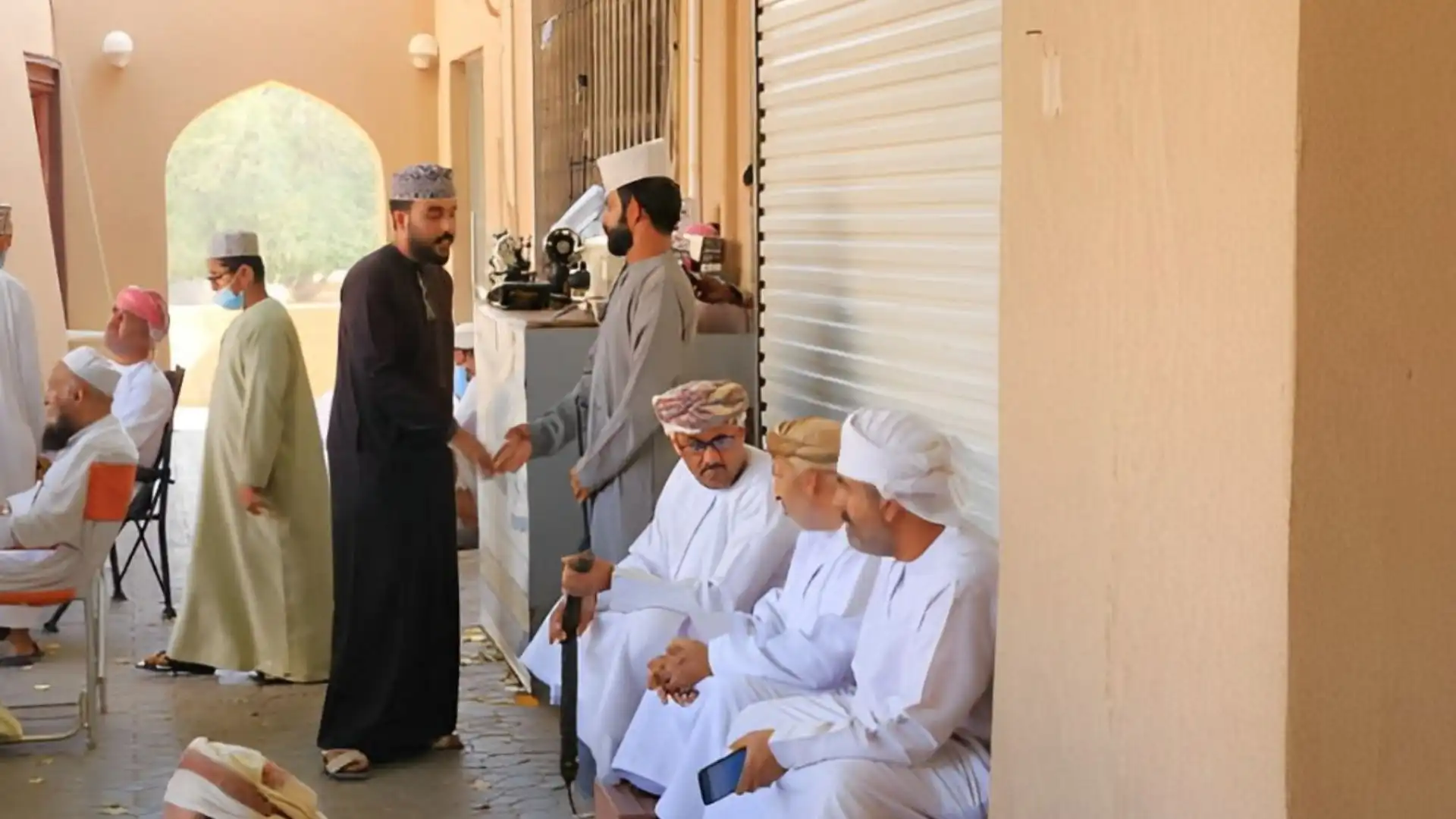
Omani society is making efforts to ensure elders remain integral to community and family life. Initiatives are in place to preserve Omani culture, encourage intergenerational dialogue, and integrate modern knowledge with traditional wisdom.
The role of elders in Omani society is a testament to Oman’s respect for tradition and wisdom. As Oman continues to develop, preserving the role of elders in family and community life is crucial for cultural continuity. Their contributions are vital, not only as a link to the past but as a guiding force for the future. Honoring elders ensures that Oman’s cultural heritage remains strong and that the nation’s identity is preserved for generations to come.
Never miss any important news. Subscribe to our newsletter.

